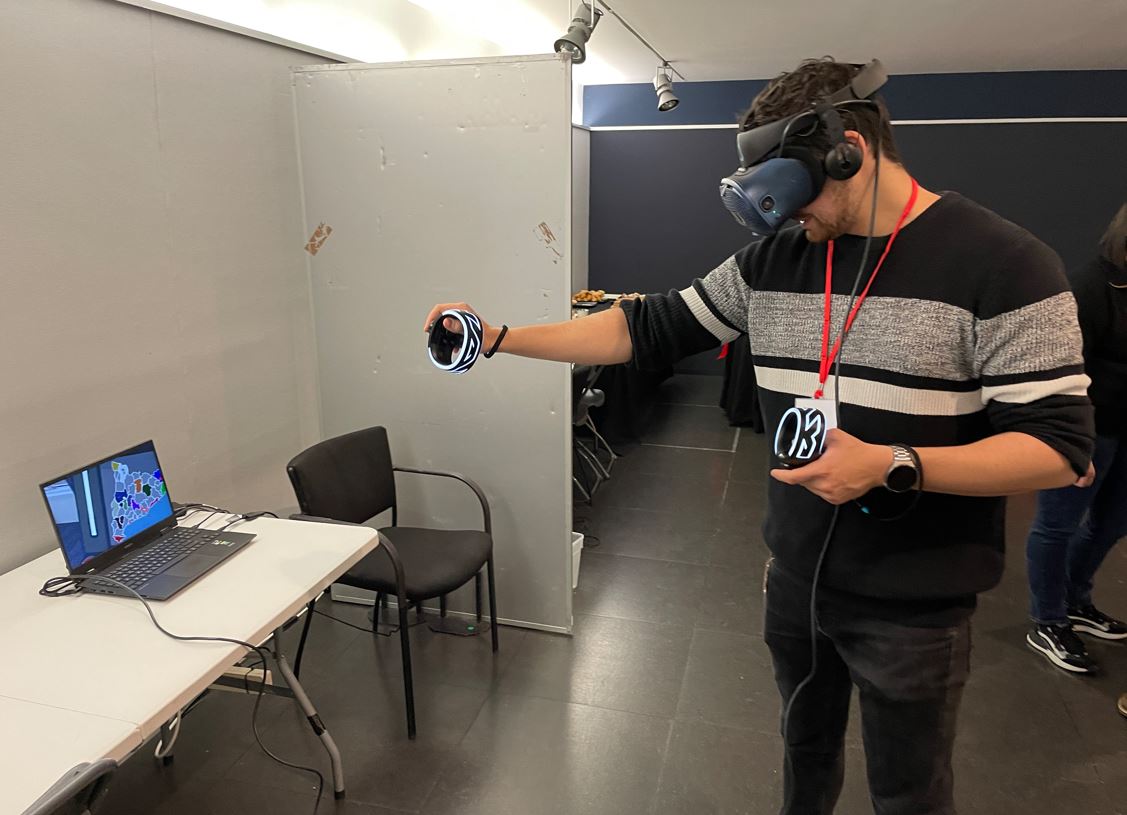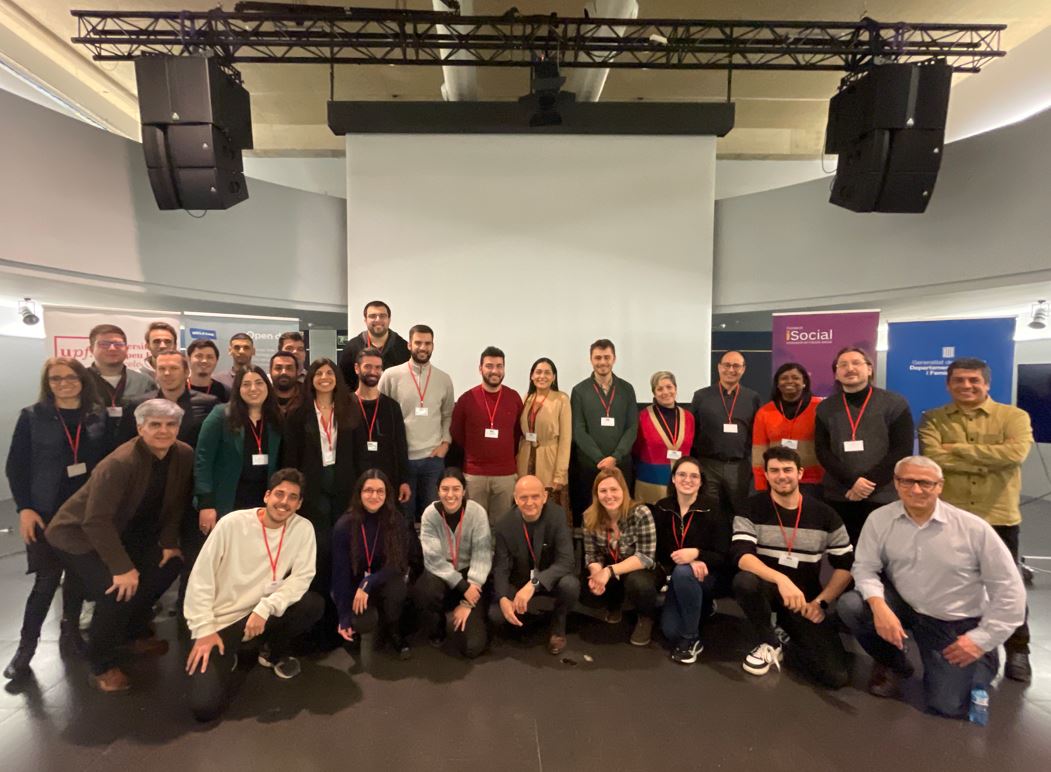This website is offered as a free service to you. Your use of this website constitutes your agreement to all the terms of use stated below and to our Privacy Policy.
Terms of Use
By accessing this site you are agreeing to these terms and conditions. This site is for general information purposes only and does not purport to be comprehensive or to constitute professional advice and you must not act in reliance upon it. All intellectual property rights in this site, including without limitation all copyright, design right and trademarks, belong to us or are used by us with the permission of the owner. You have no right to copy, reproduce, modify, publish, upload, post, transmit or distribute any logo, graphic, text, sound or image on this website without our prior written consent, except to the limited extent necessary to access the contents of this site. Where we provide links to other websites we have no control over those websites or their content. The provision of such a link does not imply that we endorse the website or the products and services offered through it. We have no liability to you for any loss or damage whatsoever arising in relation to or in any way in connection with this site or those to which it links.
Cookies
We use cookies to make interaction with our websites easy and meaningful. A cookie is a small amount of data, which often includes an anonymous unique identifier that is sent to your browser from a web site’s computers and stored on your computer’s hard drive. WELCOME uses cookies to record session information such as pages consulted and date and time at which you consulted them. This information will not be stored on your computer permanently and will be deleted after a certain period of time.
Privacy Notice
The WELCOME Partner Consortium acknowledges the data protection principles and respects the rules laid down in the EU Data Protection legislation, and the General Data Protection Regulation in particular. For us, the proper processing of your personal data is of utmost importance and we strive to meet all applicable EU data protection requirements and ensure a high level of personal data protection.
The WELCOME data controllers collect, process and use personal information concerning only visitors of the WELCOME Website. While visiting the WELCOME Website certain data is gathered and stored on the servers such as: IP address, the date, time and length of your visit, from which server and which website you accessed the site, the actions carried out on the Website, the browser-type and the language settings.
In case you contact us via the contact form on the WELCOME Website, the project coordinator is collecting and processing the following information: identification data such as name, e-mail address, as well as the content of the message you sent to us.
The above-mentioned categories of personal data are processed for the following purposes:
- to identify the visitor, if necessary;
- to ensure the proper functioning of the WELCOME Website, also ensure network and information security;
- to evaluate the use of the website, compile reports on website activity for website operators and provide other services relating to website activity and internet usage;
- to respond to your requests;
- to exercise or defend the rights and legitimate interests of a Partner or the WELCOME Consortium as a whole;
- other purposes explicitly provided for in the Terms of Use or in this Privacy Notice;
- as well as for statistical purposes.
The WELCOME Consortium undertakes the due care and bears responsibility for protection of your information, except in the event of force majeure events or Malicious Actions of third parties.
Legal basis for processing:
- You have given consent to the processing of your personal data for a specific purpose – e.g. when you send us a message via the contact form;
- Data processing is necessary for the purposes of the legitimate interest pursued by a Partner or the WELCOME Consortium – e.g. to facilitate your access and use of the WELCOME Website, or to protect from malicious attacks.
Your personal data will be only disclosed to third parties in certain sporadic cases where the data controllers shall comply with a legal obligation or need to protect their rights and legitimate interests.
The personal data collected via the WELCOME Website may be also shared with IT services providers and/or web hosting providers. The information accessed by these service providers is necessary for them to perform their services and may not be used for any other purposes.
As the Website is developed under a project funded by the European Union’s Horizon 2020 Programme, only anonymised and aggregated data (statistics) will be provided to the European Commission.
The data controller does not intend to transfer your personal data to data controllers or processors established in third countries or international organisations. Should the cases of data transfer to data controllers or processors in third parties or international organisations arise, the data controller shall keep you informed. In any event, the transfer will be carried out in full compliance with the applicable data protection laws.
The Partner Consortium strives to meet all data protection requirements and to respect all the principles laid down in the General Data Protection Regulation. In this context, following the principle of data minimisation, the Partner Consortium shall process your data as long as it is necessary for the purpose for which the data is collected and to the extent permitted by the applicable laws. Once the purpose for data processing is reached out, we will remove the data and/ or anonymise it so that you are no longer identifiable.
For reporting purposes statistical data is kept for 5 years after the project end. The statistical data will not render any of the WELCOME Website users identifiable.
You are entitled to the following rights under GDPR:
- the right to obtain information regarding the processing of your personal data on the WELCOME Website by the controllers (controllers’ contact details, the purposes of processing and the legal basis for processing, recipients, storage period, etc.)
- the right to access your personal data processed on the WELCOME Website and get information about the processing of your personal data (the purposes of processing, categories of personal data, storage period, etc.);
- the “right to be forgotten” by the WELCOME controllers – your data could be erased by the data controllers in the cases where your personal data is no longer necessary, where you have withdrawn your consent on which the processing is based, where the data processing is unlawful, where the personal data has been processed on the basis of parental consent, or your data have be erased in order to comply with national or EU legal obligation;
- the right to request restriction of processing of your personal data – this right could be exercised where you have contested the accuracy of your personal data, where the processing is unlawful, where the WELCOME controllers no longer need your personal data for the purposes of processing, or you have exercised your right to object to the processing of your personal data based on the legitimate interests pursued by the WELCOME controller(s)
- the right to object to the processing of your personal data which is based on the legitimate interest pursued by the WELCOME Consortium. You also have the right to object to the processing of your personal data for direct marketing purposes;
- the right not to be subject to a decision based solely on automated processing, including profiling – however, this rule does not apply if the decision is based on your given consent, or it is necessary for entering into, or performance of a contract, or it is authorized by the EU or national legislation to which the WELCOME controller(s) is(are) subject;
You can exercise your rights by sending a message to the e-mail address: welcome-h2020@upf.edu . Additionally, all data subjects have the right to submit a complaint to their national data protection authority, if they deem that their data is processed in an unlawful way.
Our Website may contain links to other websites and social media pages that are not operated by us. If you click on a third-party link, you will be directed to that third party’s site. In this context, we strongly advise you to review the Privacy Policy of every site you visit.
Please note that we may update this Privacy Notice occasionally and the new version will be published on this webpage. We recommend reviewing the content of the Privacy Notice for any changes. The changes are effective when posting them on this webpage.
We have no control over and assume no responsibility for the content, privacy policies or practices of any third-party sites or services.


